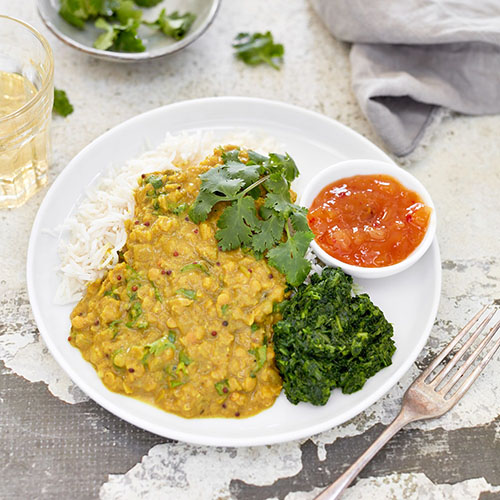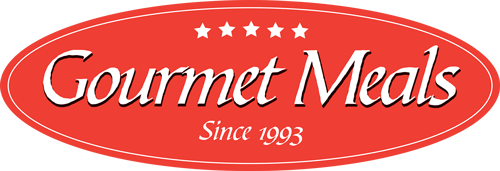
With all the available diet plans and healthy food trends out there, deciding which one to pursue and what to eat has become more complicated than ever. But there’s one thing that every health expert seems to agree on— reduce your intake of processed foods. What exactly are processed foods, what counts as processed foods, and what are their health risks?
By definition, a processed food is a food item that has been modified from its original fresh or whole state and has been altered in some way during preparation. Depending on the degree of processing, many nutrients can be destroyed or removed. Canned tomatoes, bagged spinach, pre-cut vegetables, and roasted nuts are considered minimally processed because while they are often pre-prepared for convenience, they keep their natural state. On the other hand, foods mixed with chemicals, flavours, sweeteners, colourings, and preservatives are called ultra-processed foods. Examples of these are breakfast cereals, candy bars, fast food meals, and reconstituted meat products. Essentially, the more processed a food is, the higher the salt, sugar, and fat content, thus, the less healthy the food becomes.
The Dangers
While some processed foods may have a place in healthy diets, particularly the minimally processed ones, you’ll definitely reap a lot more benefits from eating home-cooked meals on a regular basis. Eating too much ultra-processed foods has long been linked to an increased risk of a wide variety of health problems such as heart disease, obesity, diabetes, high blood pressure, elevated cholesterol, dementia, and cancer. Studies also suggest that diets that mainly consist of junk food and processed foods can disrupt the brain in different ways, which can cause mental health problems like depression and anxiety.
Check Those Food Labels!
When trying to minimise processed foods, it's important to consider the type of processing involved in the production as well as the ingredients and additives used by reading the food labels on packaged foods. The Nutrition Information Panel (NIP) can provide useful information on the average amount of protein, fat, carbohydrates, sugars, and salt present in the food. Make it a habit to read labels for you to be able to make informed food choices when picking food items in the supermarket.
Gourmet Meals Have Your Health Interest at Heart
People who cook most of their meals at home consume fewer carbohydrates, less sugar, and less fat and are more likely to have an overall healthier diet. Unfortunately, not everyone always has the time or the energy to cook every single meal every single day. But we got you!
Gourmet Meals manufactures and distributes well balanced, nutritious, and great tasting snap frozen meals. We use only the freshest, high quality ingredients. And, because the meals go straight from the pot into the blast freezer, the natural goodness, colours and flavours are retained without having to add all the nasties, guaranteeing you the best-tasting, healthy homecooked meals that will keep you feeling healthier and happier. The majority of our meals are gluten-free, and many are dairy free, but if you have any known food intolerances or allergies, it’s best to view the ingredients list and nutritional analysis of our meals on our website or to read the package label for information on the allergens that may be present in your food.
It’s time to get rid of processed foods from your diet and lifestyle.
If you haven’t already, clear the shelves! Because with Gourmet Meals, you never have to settle for anything less again.
Place your orders at www.gourmetmeals.com.au or phone 1300 112 112 for enquiries!
Tags: Processed Foods, What Are Processed Foods, Homecooked Meals Delivered, Gluten-free Meals, Frozen Gluten-free Meals Delivered





.jpg)

